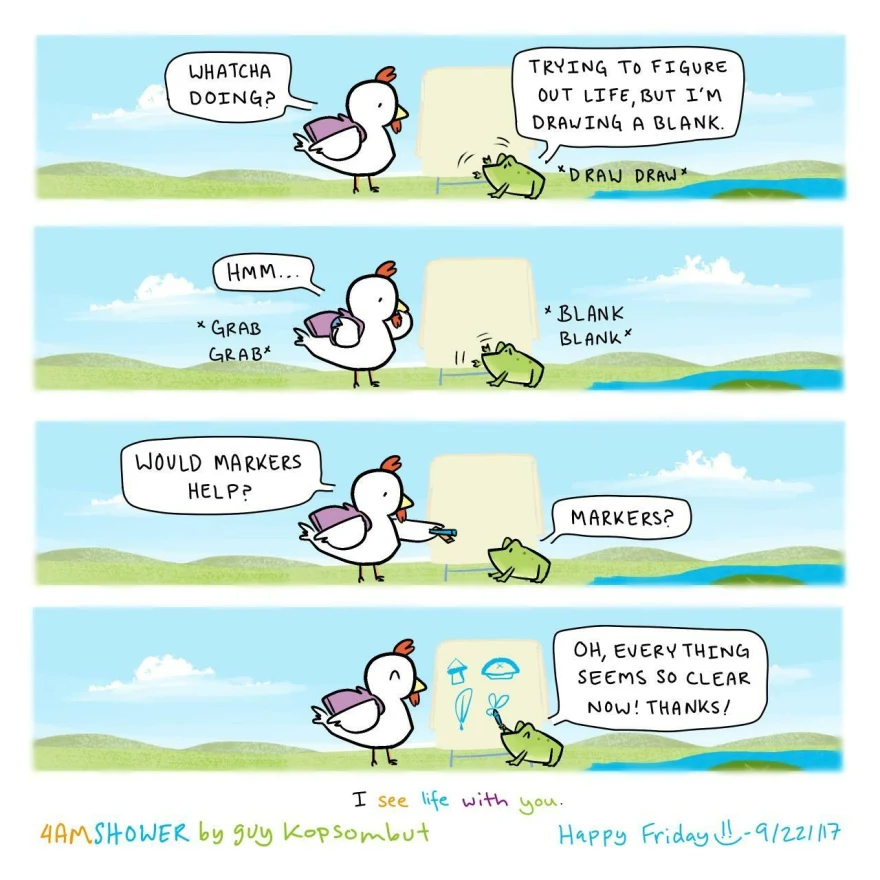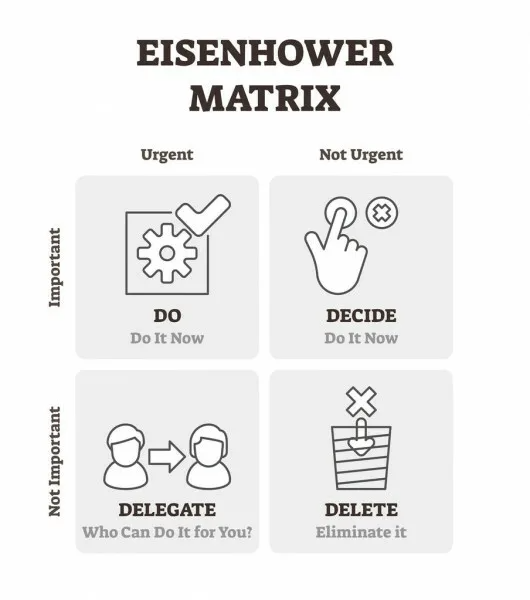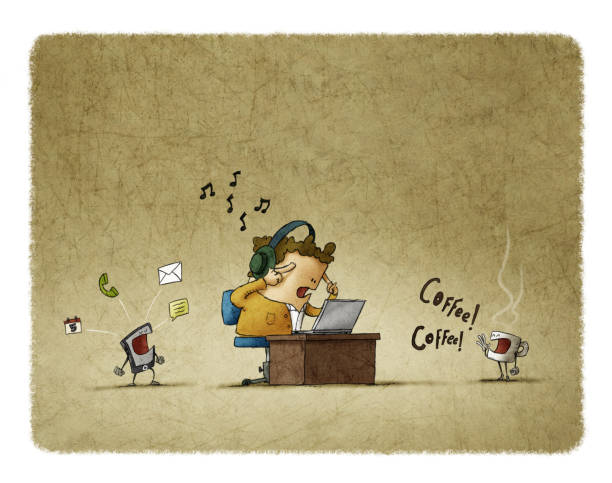Time management and productivity

Being productive at work is something most of us struggle with, and let's be honest, the tech industry doesn't make it easy. Between constant notifications, endless meetings, and that voice in your head saying "maybe I should rewrite this entire module," staying focused can feel impossible.
Productivity as a developer means completing tasks efficiently while maintaining good quality work. Quality trumps speed every time nobody wants a half-baked product in production, and rushing usually means you'll be fixing bugs at 2 AM later.
While quality is paramount, none of us have infinite time, and it's only wise to use what we have effectively. Here's what actually works for managing time and staying productive as a developer.
Plan Ahead

Planning ahead is absolutely critical in time management. It saves you from diving into unnecessary rabbit holes that seem important but lead nowhere. Without a plan, you'll spend your day putting out fires instead of building something meaningful.
Once you know what needs to be done for the day or week, you'll stay focused, organized, and productive. The developers I know who seem to effortlessly ship features aren't necessarily smarter, they just plan better.
Prioritizing Tasks

Not all tasks are created equal, and treating them like they are will drive you insane. That random feature request from marketing isn't as important as the security vulnerability you discovered yesterday, even if the marketing person is louder about it.
The Eisenhower matrix helps you think clearly about what deserves your attention:
Important and urgent. Drop everything and handle these. Production bugs, security issues, anything that's actively breaking things for users.
Important but not urgent. Schedule these for when you have focused time. Code refactoring, documentation, learning new technologies that will help long-term.
Urgent but not important. Delegate if possible. Someone needs a quick code review for a project you're not involved in? Maybe another team member can handle it.
Not urgent and not important. Eliminate these or save them for when you have nothing better to do. That cool new JavaScript framework everyone's talking about can wait.
Set Realistic Goals
Before starting any project, be honest about what you can actually accomplish. We're all optimists when estimating how long something will take, and we're all terrible at accounting for the unexpected issues that always come up.
Your goals should be achievable with the time and resources you actually have, not the time you wish you had. If you consistently miss your own deadlines, the problem isn't your work ethic it's your estimation skills.
Use Time Management Tools
Having tools that keep you accountable makes a huge difference, but the best tool is the one you'll actually use. I've seen developers spend more time organizing their task management system than actually completing tasks.
Whether it's Trello, Asana, Notion, or a simple text file, pick something and stick with it. The fancy features don't matter if you abandon the tool after a week because it's too complicated.
Automate the Boring Stuff
If you're doing the same thing more than twice, consider automating it. This is where being a developer gives you superpowers.. you can write code to handle repetitive tasks.
Set up email filters, write scripts for common deployment tasks, use code formatters and linters. The time you spend setting up automation pays dividends later. Plus, computers don't get tired or make careless mistakes at 4 PM on Friday.
Look for patterns in your daily work. Manually testing the same API endpoints? Write some automated tests. Copying and pasting the same code snippets? Create templates or snippets in your editor. Formatting code by hand? Let your IDE handle it.
Eliminate Distractions

Distractions are productivity killers, and modern technology is designed to steal your attention. Every notification is someone else's priority interrupting your work.
When you need to focus, be ruthless about eliminating distractions. Put your phone in another room, close unnecessary browser tabs, use website blockers if you have to. Your future self will thank you when you actually finish that complex feature instead of spending the day reading random articles.
The hardest part is recognizing when you're procrastinating. Sometimes we convince ourselves that reading about best practices or watching coding tutorials is "work" when we're really just avoiding a difficult problem.
Take Actual Breaks
This might be the most important point, and it's the one most developers ignore. Working for 10 hours straight doesn't make you productive, it makes you tired and prone to mistakes.
The Pomodoro Technique; 25 minutes of focused work followed by a 5-minute break sounds almost too simple to work, but it's surprisingly effective. Your brain needs time to process information and reset.
During breaks, actually step away from the computer. Go for a walk, make coffee, talk to a colleague about something other than work. Some of the best solutions to coding problems come when you're not actively thinking about them.
Learn to Say No

This is probably the hardest skill to develop, especially early in your career. Every opportunity seems important, every project seems interesting, every "quick favor" seems reasonable. But your time and energy are finite resources.
Being helpful is good, but being helpful to everyone means being effective for no one. It's okay to disappoint people sometimes if it means you can deliver quality work on your actual responsibilities.
Before saying yes to something new, ask yourself: what am I going to stop doing to make time for this? If you can't answer that question, the answer should probably be no.
The Reality Check
Here's what most productivity articles won't tell you: some days you'll just suck at time management. You'll spend three hours debugging a problem that could have been solved with a five-minute Google search. You'll get distracted by an interesting technical rabbit hole and emerge hours later with nothing to show for it.
That's normal. The goal isn't perfect productivity, it's better productivity. Small improvements compound over time. The developer who gets 1% better at time management each week will be dramatically more effective after a year.
Stay Productive, Stay Human
Time management isn't about squeezing every second of productivity out of your day. It's about creating sustainable habits that let you do good work without burning out.
Take care of yourself, be realistic about what you can accomplish, and remember that being a good developer is a marathon, not a sprint. The most productive developers aren't the ones who work the most hours, they're the ones who work the most effectively.
With these strategies, you can improve your time management and productivity skills while maintaining your sanity. Because at the end of the day, productivity is just a tool to help you build better software and have a better life.
Till next time, stay productive.
